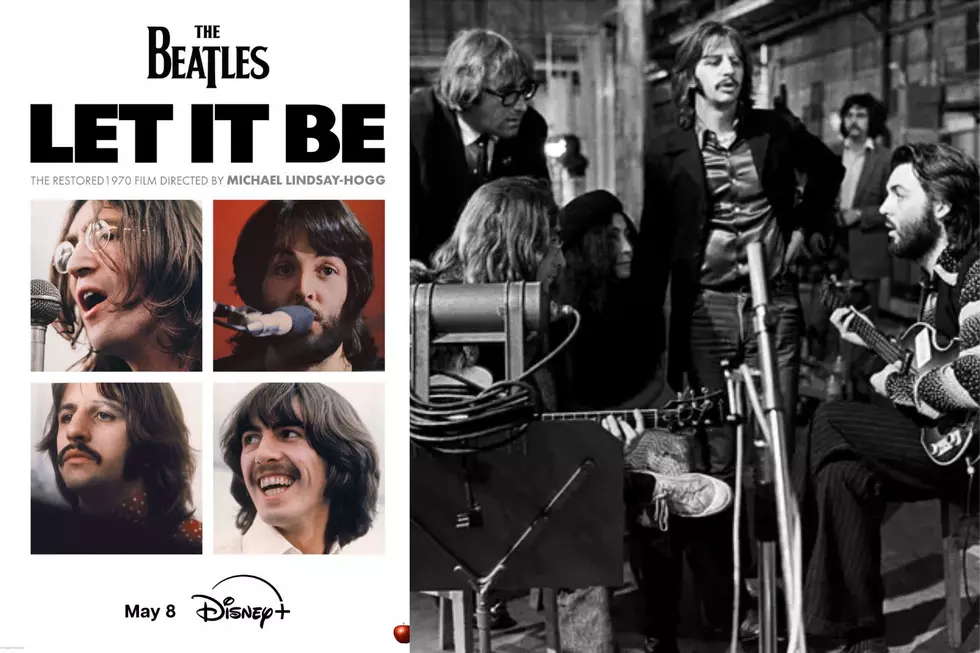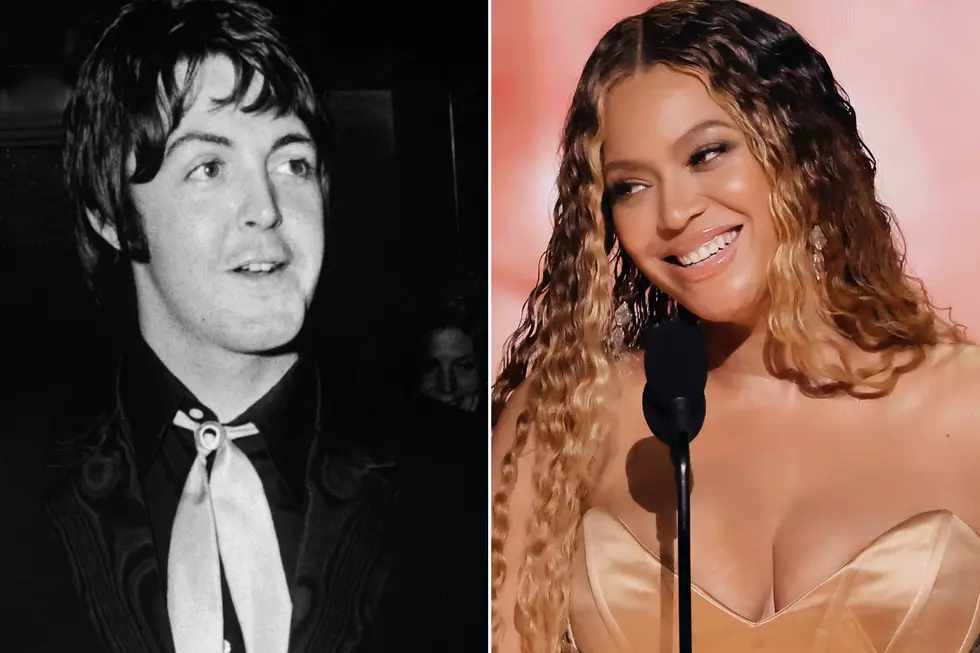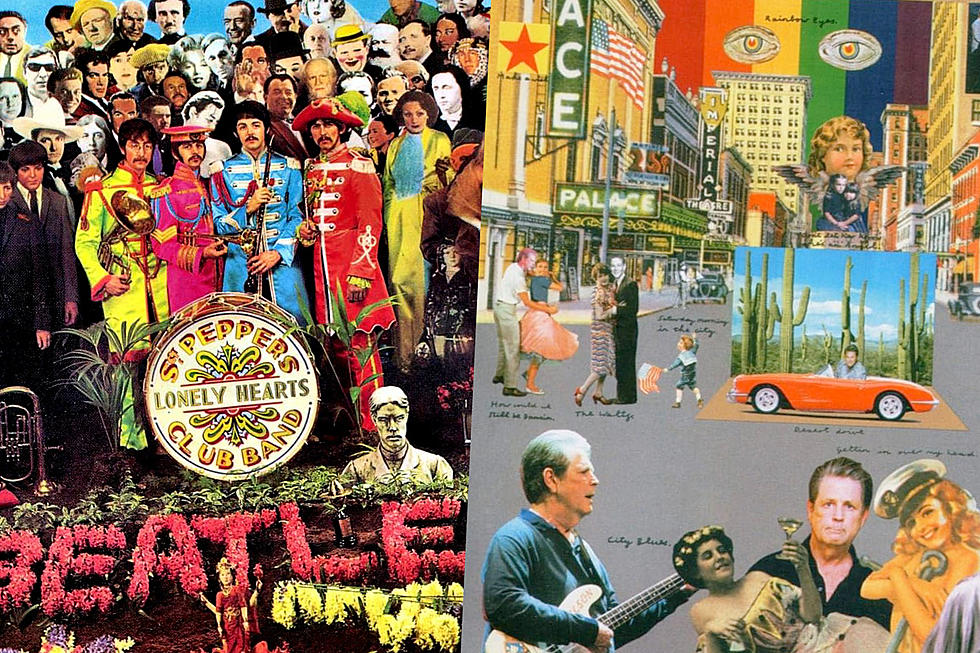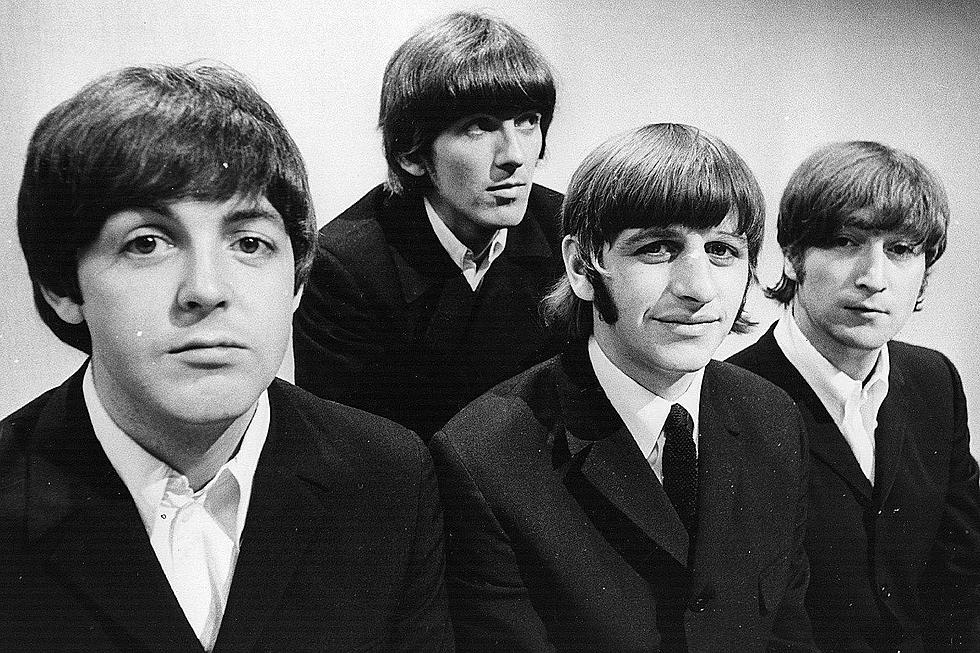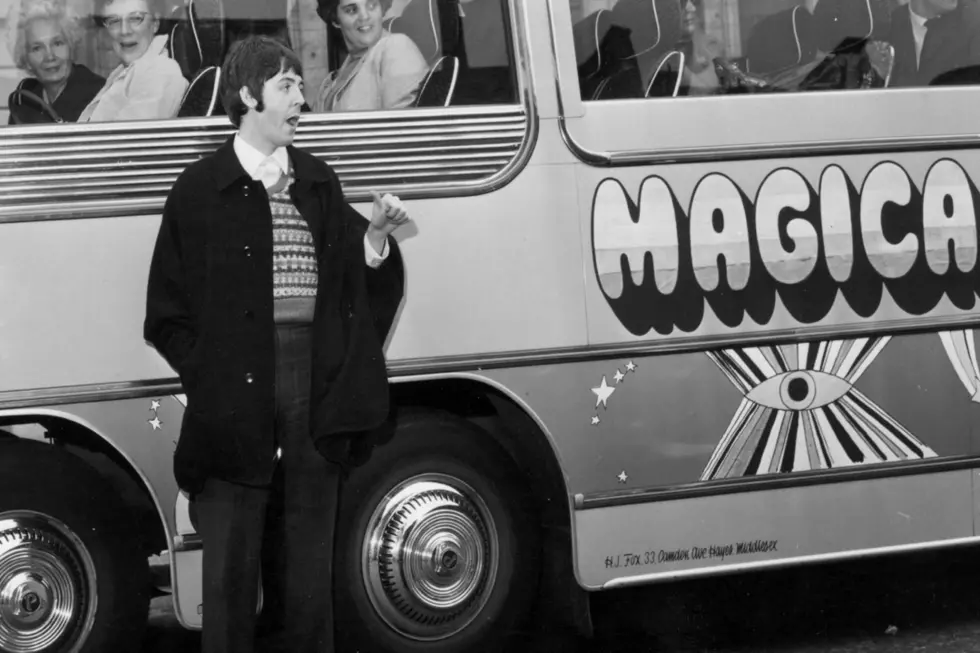
How ‘Magical Mystery Tour’ Became the Beatles’ First Misstep
Televisions across Britain were taken over by a surreal adventure, Beatles style, on Dec. 26, 1967. Magical Mystery Tour premiered, in not-so-glorious black-and-white on Boxing Day, to both the delight and confusion of viewers.
The Beatles' third film was a real departure from their previous celluloid outings. Both 1965's Help! and the previous year's A Hard Day's Night were full of comical Beatles exploits and general fun-filled mayhem. Magical Mystery Tour, on the other hand, though still loaded with amazing music, was a surrealistic departure. It's a film with no real story line, instead focusing on odd things happening during a trip in which the Fab Four accompany a busload of family and friends to the sea.
"It was basically a charabanc trip, which people used to go on from Liverpool to see the Blackpool lights," the late George Harrison said in Anthology. "They'd get loads of crates of beer and an accordion player, and all get pissed."
Magical Mystery Tour has also been widely thought of as Paul McCartney's take on what Ken Kesey and the Merry Pranksters were doing on America's West Coast a couple years before. "It was Paul's idea, really," Ringo Starr said in Magical Mystery Tour Revisited, a 2012 feature for the DVD/Blu-ray re-issue of the film. "We were hanging around in the studio, and he came up with this idea."
The initial reaction to the film was one of general confusion by most. Critics gave Magical Mystery Tour a universal thumbs-down, and even many Beatles fans scratched their heads at its stream-of-consciousness style.
Watch the Trailer for 'Magical Mystery Tour'
"It wasn't the kind of thing we could do a disclaimer before it and say, 'Ladies and gentlemen, what you are about to see is a product of our imaginations' – and believe me, at this point they're quite vivid," McCartney said in the 2012 feature about the film. The "Aunt Mimi" dream sequence alone, with John Lennon shoveling piles of pasta onto a plate, was confusingly comical ... or was that comically confusing?
A guest appearance in the film by the oh-so great Bonzo Dog Doo Dah Band was another of Paul's ideas. The band perform the song "Death Cab for Cutie" in a burlesque club while Lennon and Harrison look on. In 1968, the Bonzo's would have McCartney produce their single, "I'm the Urban Spaceman," though due to contractual issues, he was listed as Apollo C. Vermouth.
Ten hours of filming was whittled down to just under an hour for the broadcast. Though filmed in color, BBC 1 didn't broadcast in color in 1967, and the pale black-and-white showing has often been held up as part of the reason for the general dislike of the film on its first showing.
Though famously parodied via the Rutles as the "Tragical History Tour," time has been kind to the movie, and the reissue helped the film gain a whole new audience. Even legendary filmmaker Martin Scorsese cites the film as significant. “For me, it certainly still holds up," said Scorsese in the 2012 documentary, "The freedom of the picture was very important.”
Meanwhile, the music was nothing short of stellar. Aside from the title song, we get "Fool on the Hill," "Blue Jay Way," "Flying," "Your Mother Should Know," and one of Lennon's finest moments, "I Am the Walrus." The songs were released as a double-7-inch EP in the U.K. earlier in December 1968, while their U.S. record company made an entire album out of it by including previous non-LP singles.
Rejected Original Titles of 30 Classic Albums
Why the Beatles Hated One of Their Own LPs
More From Ultimate Classic Rock
